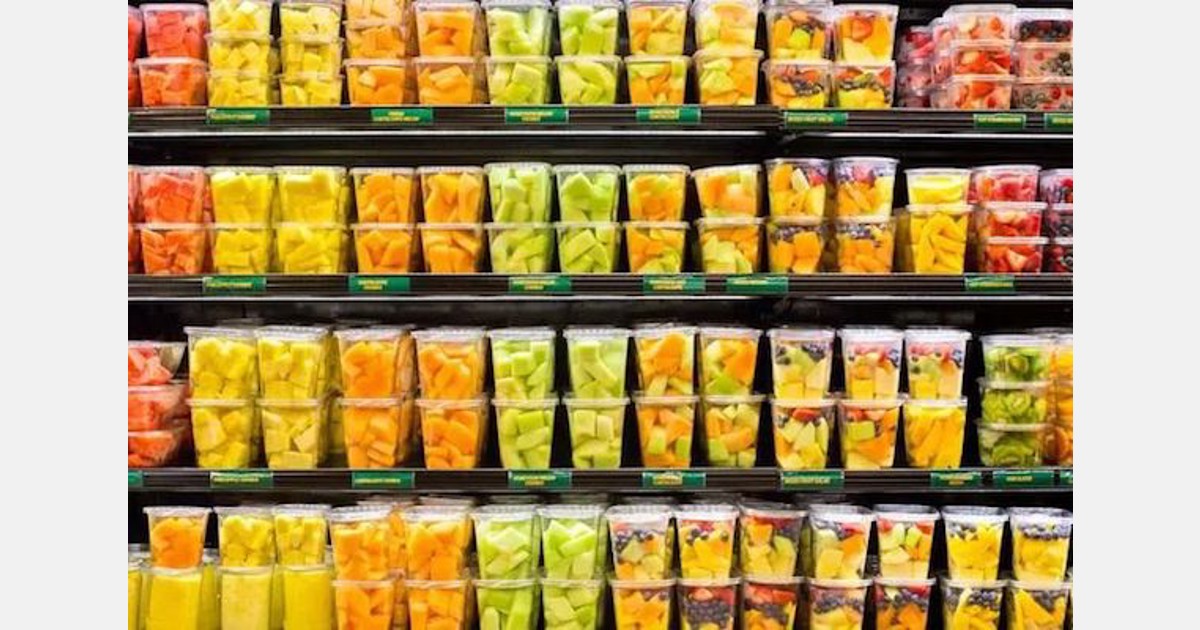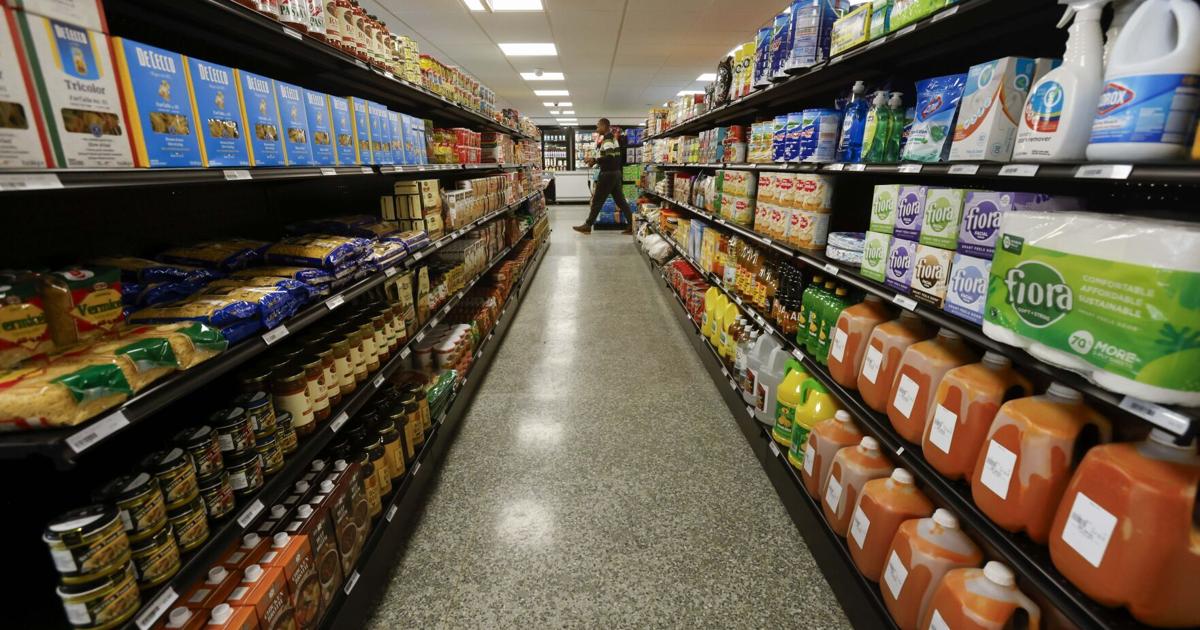Chinese fruit production areas did well in 2021. The overall fruit harvest was abundant. And the supply volume more than sufficient. The production volume of tangerines and oranges continues to grow in the new season. The overall production volume is estimated to reach a record 53 million tons. The overall production volume of apples is growing too, and estimated to reach 45 million tons, but the apple reserves are in decline due to the pandemic. The overall volume entered into storage declined by 17% compared to the previous season. Fruit consumption steadily increased in 2021 and online sales expanded compared to in-store sales. But what is going to happen to the fruit market in 2022?
Healthy foods and “super foods” continue to sell well
Consumers pay more and more attention to the connection between the food they eat, how they feel, and their health. When consumers buy fruit, they often go for exotic and unique fruits, especially North American or Southeast Asian fruits and vegetables such as berries, avocados, mangoes, pomegranates, papayas, and sweet potatoes. These foods are well known as healthy foods, or even “super foods”, and they are very popular with consumers.
The market share of these niche products is growing. These food products are trending, especially in high-end markets. That is why the annual import volume of these food products grows by 10% to 20% every year, while there is barely any growth in the import of more common fruits such as oranges and apples.

Convenient fruit cups are trending
Shops expect a huge demand for “individually packed” refrigerated snack foods. The supply of healthy snack foods is growing. “Grab-and-eat” is already a common sight in convenience stores. Supermarkets predict a growing demand for nutritious products with fresh fruit. Moreover, the plant-based food and beverage movement is growing stronger, which stimulates demand for meat substitutes. The sales value of meat substitutes is expected to reach 16 billion yuan [2.52 billion USD] by 2023.
Pure organic fruit is popular
A significant number of consumers are looking for pure and organic food products. They prefer organic fruits because those fruits are healthier and taste better. At the moment, demand for organic fruit exceeds supply. This means that organic fruit is easier to sell and the profit margin is better. However, exporters in tropical climates find it challenging to comply with increasingly strict import standards for organic fruits.

Retail success depends on product quality
According to the 2021 Fruit Distribution Trend Report, consumers have become more experienced in selecting the fruit they purchase. Among various product qualities, consumers mostly consider freshness.
The report shows that consumers who are satisfied with the freshness of fruit in a shop visit 7% more often than consumers who are not satisfied. In addition, consumers who prefer fresh agricultural products of high quality are willing to pay more. Their average price per basket is 24% higher. This shows that there is still a lot of potential profit in food retail. There is more and more space in the market for fresh fruit and marketing becomes increasingly important for sales.

Sustainability is an important aspect
Environmental and socio-economic sustainability has an important impact on every stage of the fruit supply chain. In addition to economic sustainability, the fruit industry also pays attention to loss or damage and other fruit waste. A growing number of companies invest in sustainable development, not just for profit, but also to protect the image of their brand.
Recent investigations show that the 1,200 largest companies in the food industry all invested in a reduction of food waste, and they received a 99% return on investment. Manufacturers experience certain innovations such as off-grid cool rooms, and invest in fields such as food waste reduction, energy efficiency, and carbon footprint reduction.
The issue of sustainability is becoming more and more important for consumers. They are educating themselves on the production process of food products. Some of the leading associations in the retail industry report that worldwide 93% of customers hope the brands they purchase support social and environmental issues.
Source: Aige Agriculture











